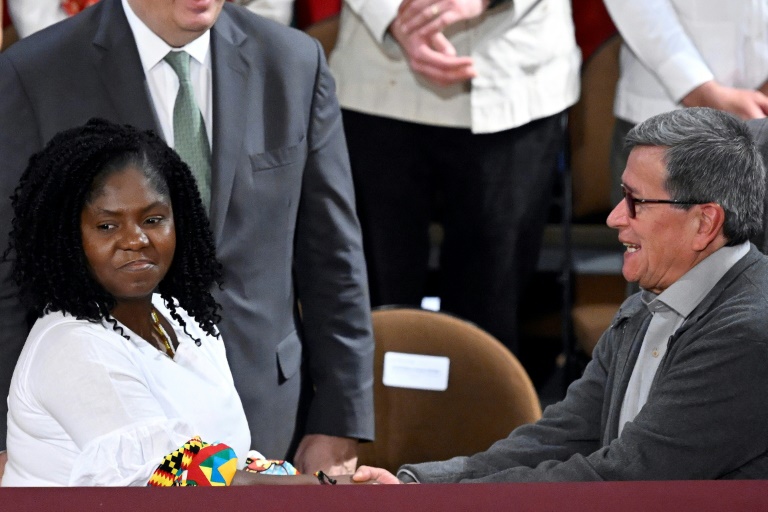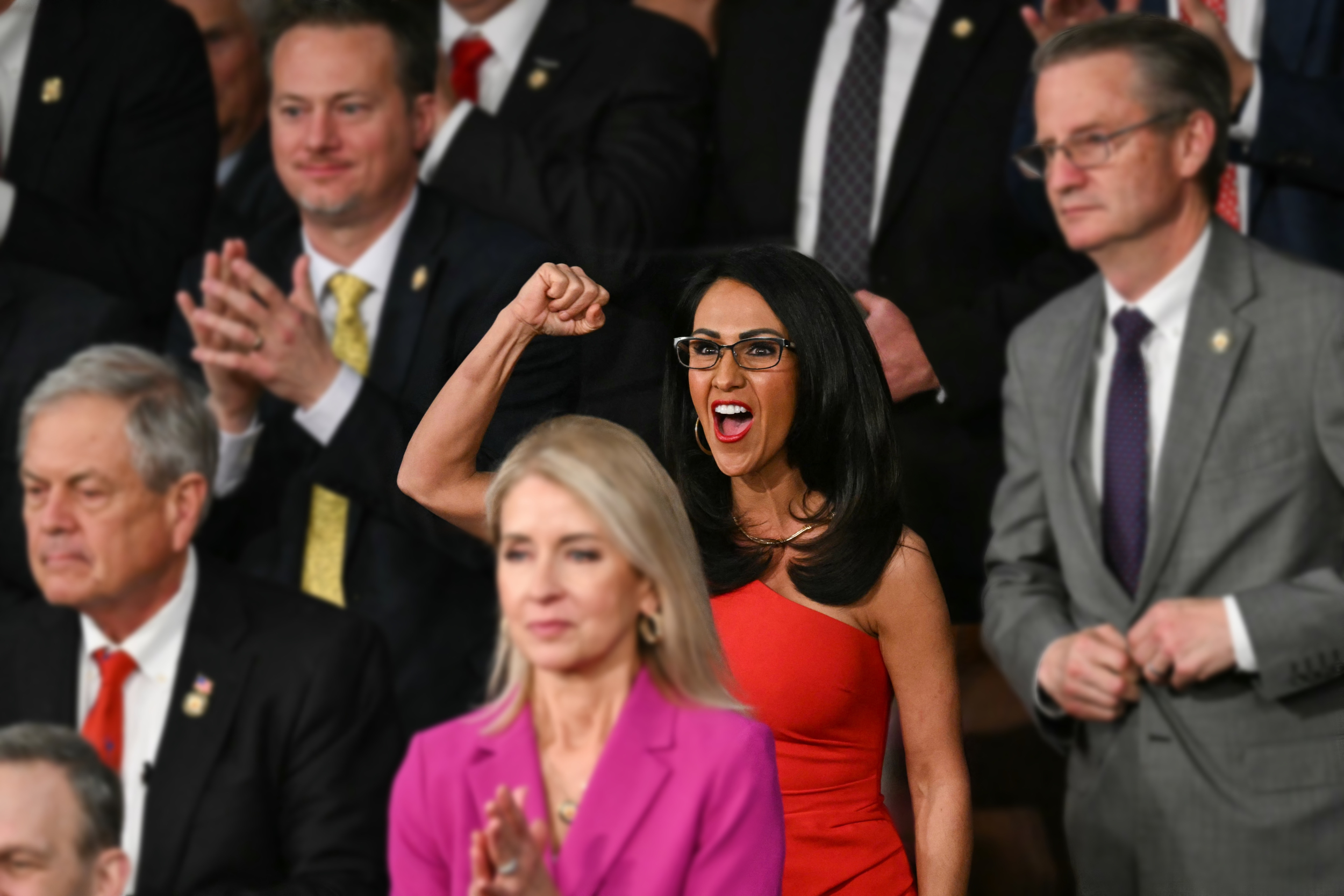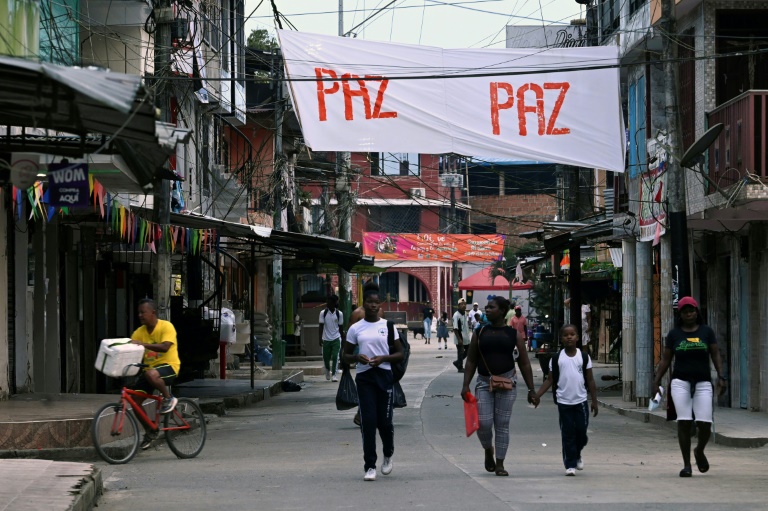AFP
Colombia’s government and the country’s last recognized guerrilla group, the National Liberation Army (ELN), said Friday they had agreed to begin negotiating a ceasefire, as the two sides wrapped up a second round of peace talks in Mexico.
The goal is to reach an accord based on international humanitarian law, according to an agreement read by a member of the government delegation in the presence of both parties.
Pablo Beltran, an ELN veteran, said that “the first steps have been taken to reach a ceasefire.”
A truce was the desire of “the entire Colombian nation,” government negotiator Otty Patino said.
“We have heard that cry, and we feel that the ELN delegation has also heard it,” he added.
Colombia has suffered more than half a century of armed conflict between the state and various groups of left-wing guerrillas, right-wing paramilitaries and drug traffickers.
The Colombian government resumed peace talks with the ELN after Gustavo Petro became the South American country’s first ever left-wing president in August.
The talks had been suspended by his conservative predecessor Ivan Duque following a car bomb attack on a police academy in Bogota that left 22 people dead.
The next round of talks is due to be held in Cuba, though a date has not yet been announced.
Havana was the venue for the negotiations that culminated in the demobilization in 2016 of the Revolutionary Armed Forces of Colombia (FARC), which for years was the country’s largest guerrilla group.
The ELN reacted angrily in January after the government claimed it had agreed a ceasefire with the Marxist guerrillas.
The government was forced to backtrack, but the spat did not derail the negotiations, which are supported by Norway, Mexico, Venezuela, Brazil, Cuba and Chile.
The talks resumed in Mexico City on February 13, following a first round in Venezuela in November.
The negotiators reported late last month that the Colombian government had recognized the ELN as a political organization as well as a rebel group, distinguishing it from other armed gangs such as drug traffickers.
Colombia’s first Black vice president, Francia Marquez, who was at the conclusion of the talks in Mexico, urged the negotiators to “stay at the table no matter what.”
“It’s the first time that I can look at their faces without fear,” she said, addressing the guerrillas.
In 2019, before taking office, Marquez survived an attack by unknown gunmen who tried to kill her over her work defending the region’s water resources against mining companies.
Founded in 1964 by trade unionists and students inspired by Marxist revolutionary icon Ernesto “Che” Guevara and the Cuban revolution, the ELN has taken part in failed negotiations with Colombia’s last five presidents.
It can count on around 3,500 fighters within a loose structure in which different guerrilla units operate largely independently of each other.






